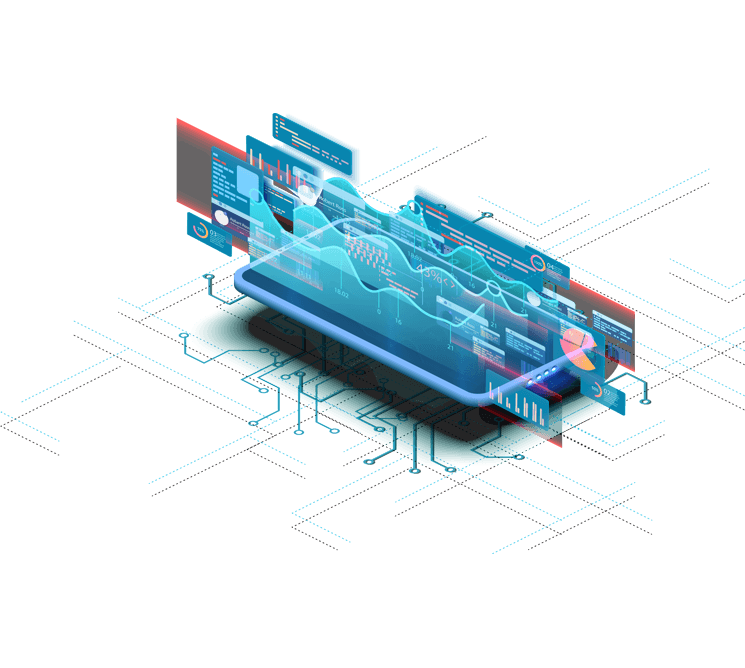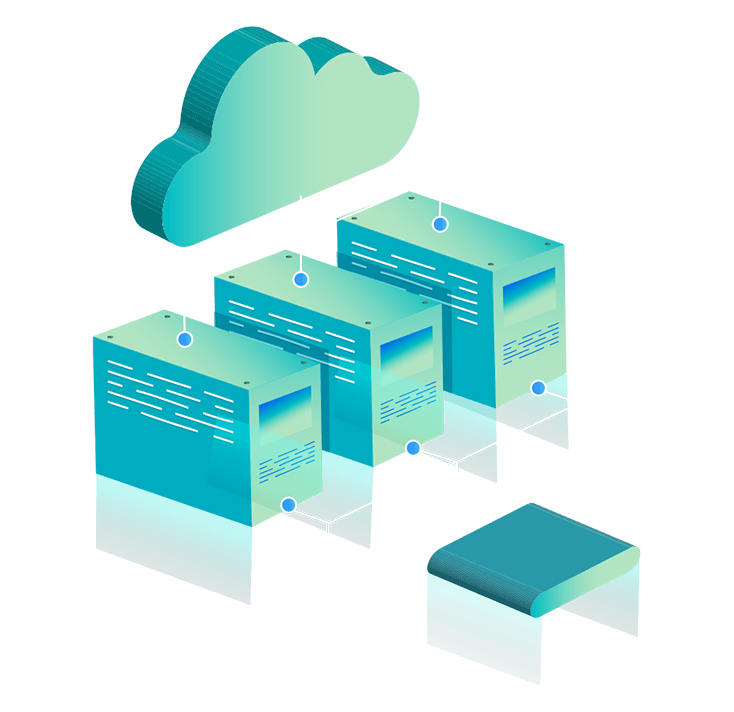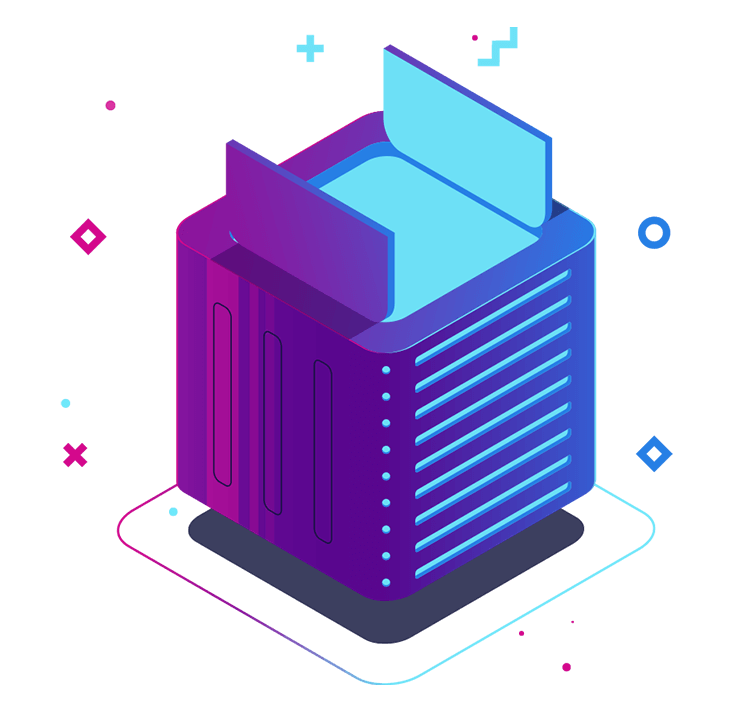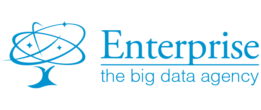DATA ORCHESTRATION
According to research conducted by Gartner, more than 87% of companies have low maturity in Business Intelligence and data analysis.

Data Orchestration Infrastructure
Data orchestration automates the processes related to data management, such as merging data from multiple sources, combining them, and preparing them for data analysis. The core of a data orchestration infrastructure is building data pipelines and workflows to move data from one location to another by coordinating the combination, verification, and storage of such data to make them useful.

4 Benefits of Data Orchestration
- Automate key processes
- Easily control data workflows
- Acquire real-time Insights
- Make informed decisions driven by data
How Can Data Orchestration Help You?
The ability to use data more efficiently can generate a real competitive advantage in today’s digital economy. So, how can your company address big data issues and fully leverage your data resources? And how can you use these data resources to stimulate your ability to innovate? Data orchestration provides the answer to make data more useful, available, and ultimately more valuable. The implications for business resulting from the inability to properly leverage detailed data information can be substantial, and no one wants to be left behind. With data orchestration, you gain more time and resources to devote to value projects. The benefits imply shorter acceleration times, simpler installations, and quick information for data engineers.

What You No Longer Have to Worry About With Data Orchestration?
- Waste of time and resources: Data orchestration is essential to providing highly available, dynamically scalable, and high-performance cloud applications and systems, relieving IT teams from a truly heavy burden.
- Scattered and isolated data: Nearly all data orchestration platforms enable IT teams to quickly combine new data sources and existing data silos.
- Variety of data: Data orchestration creates protocols to channel inconsistent data types through specific pipelines while ensuring consolidation.
